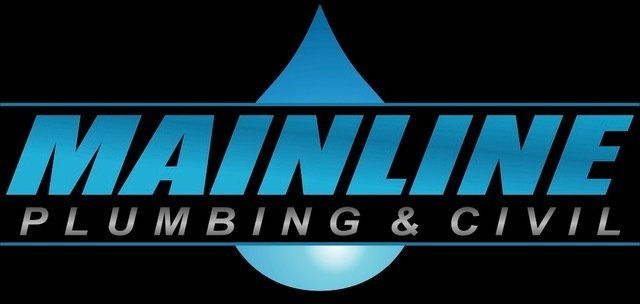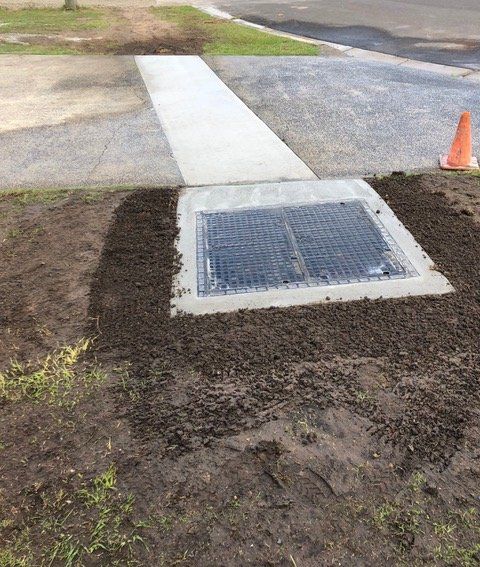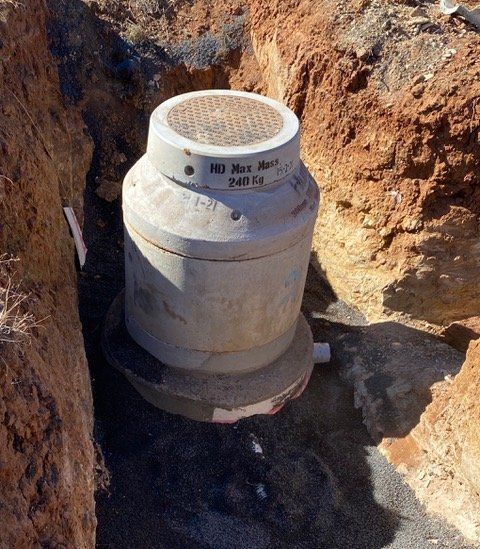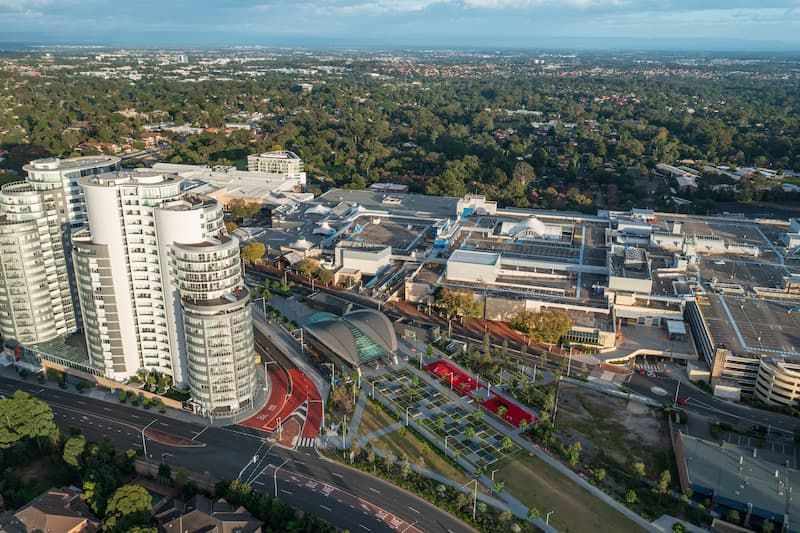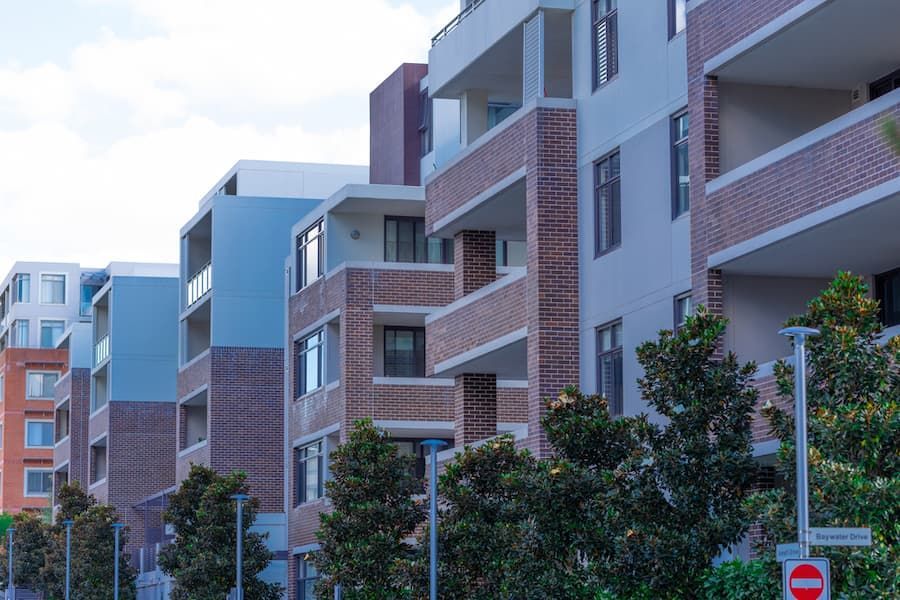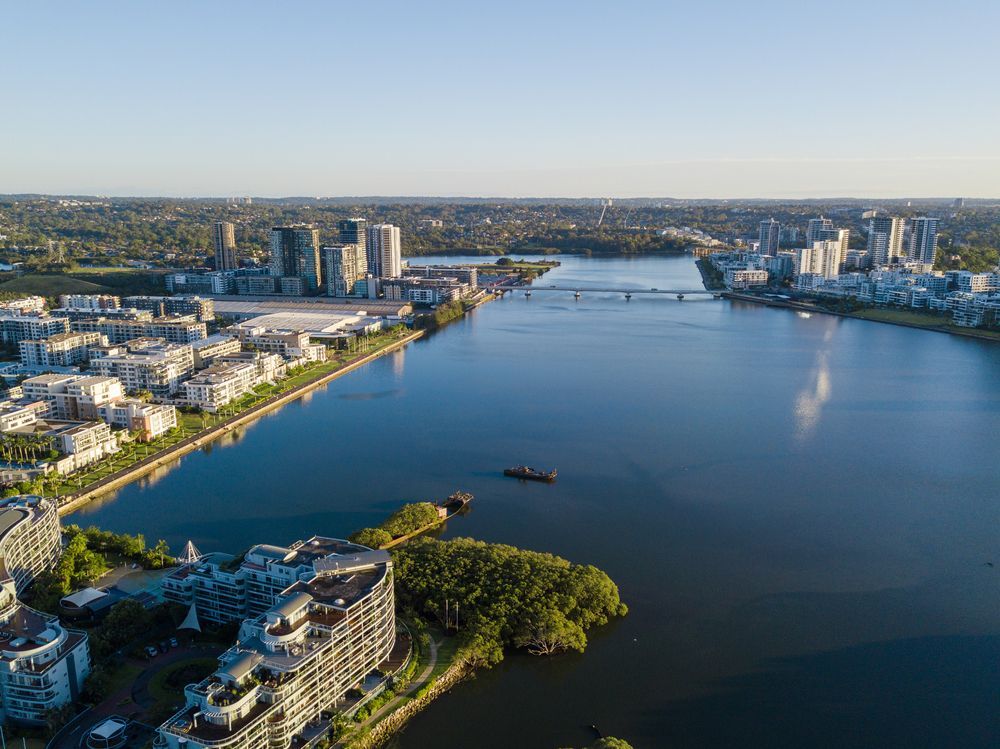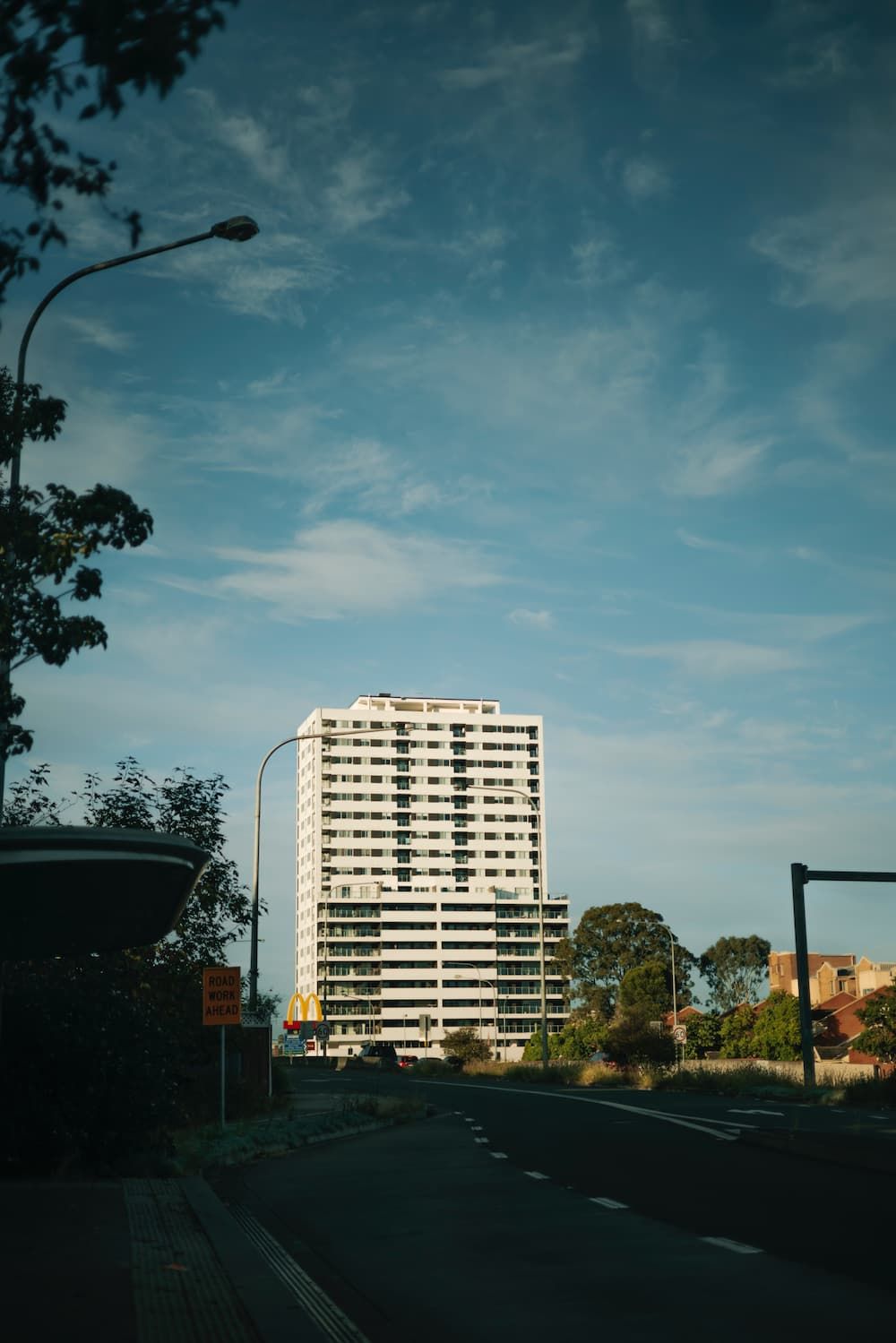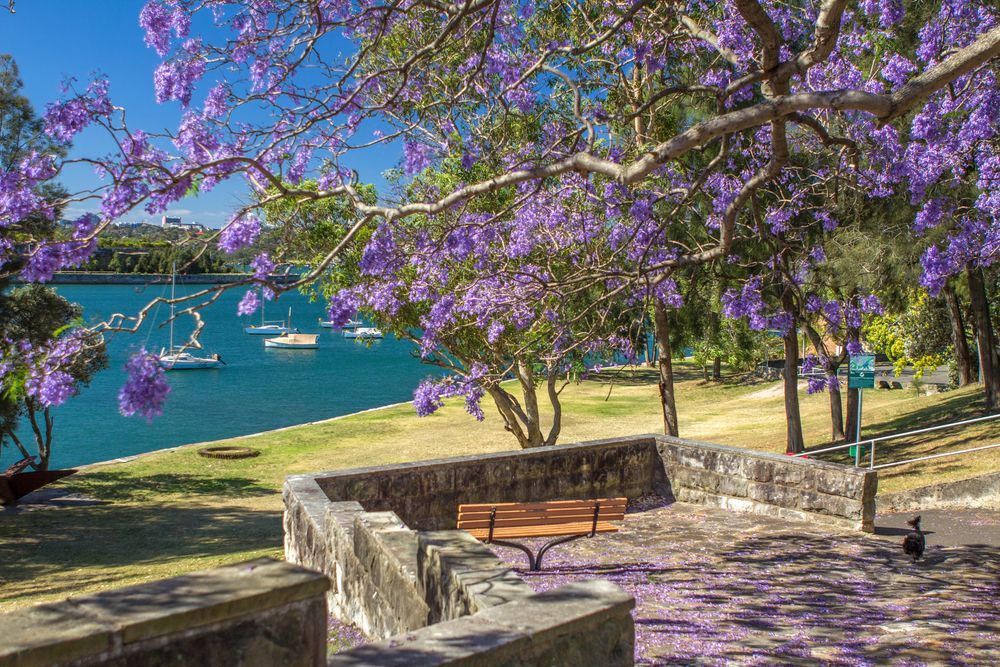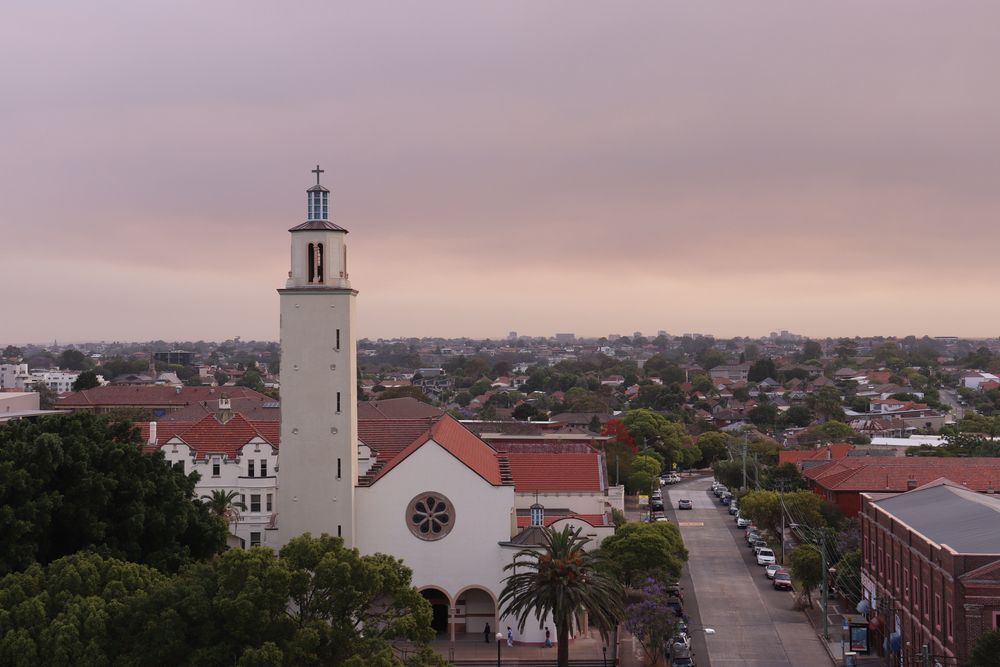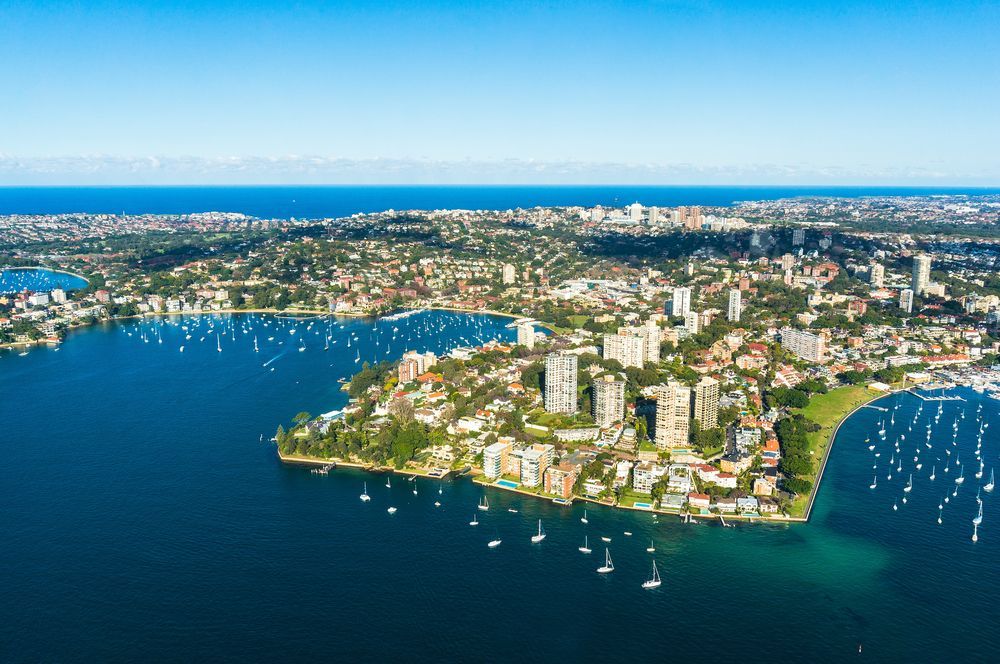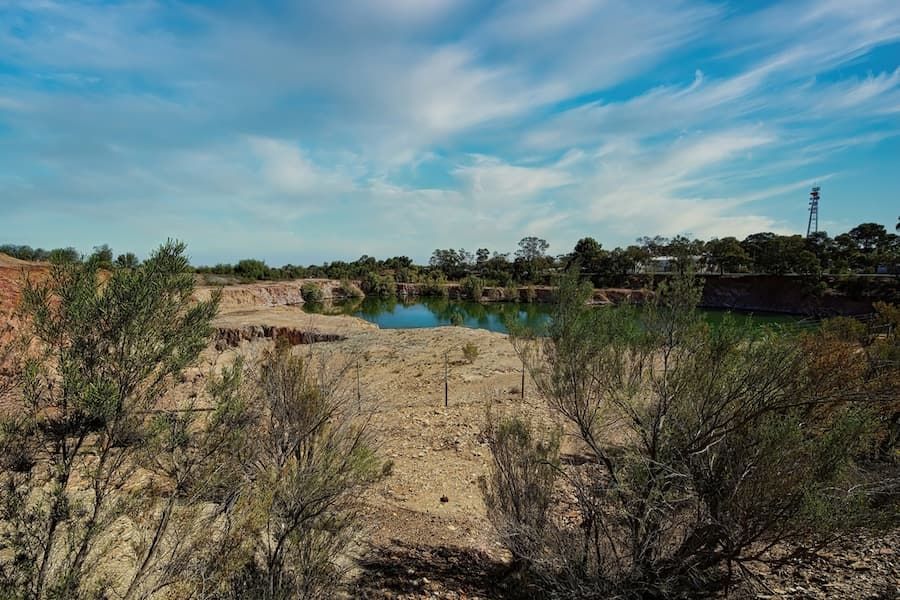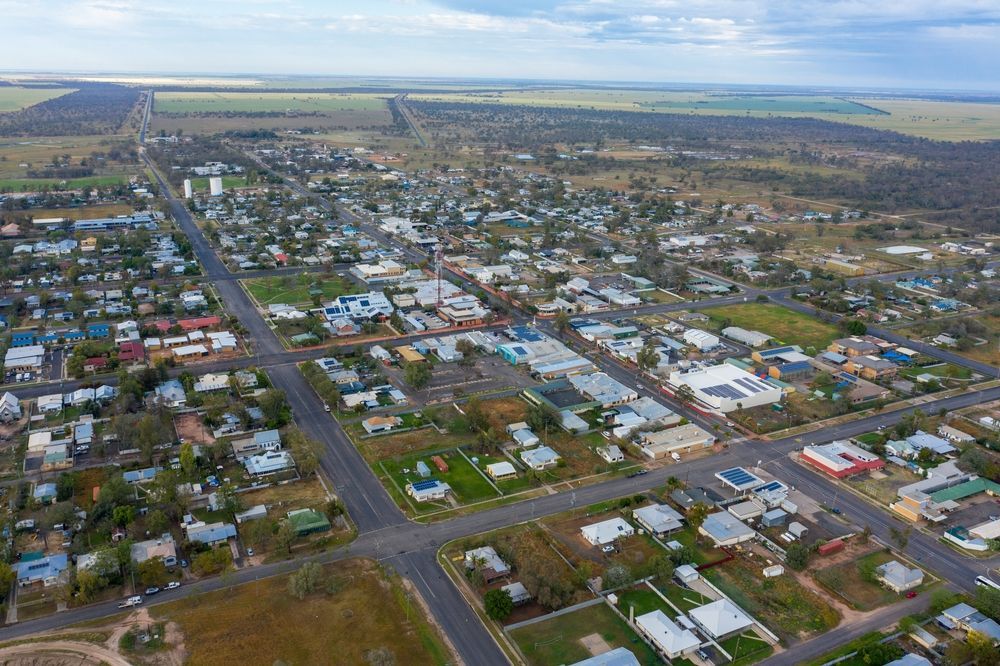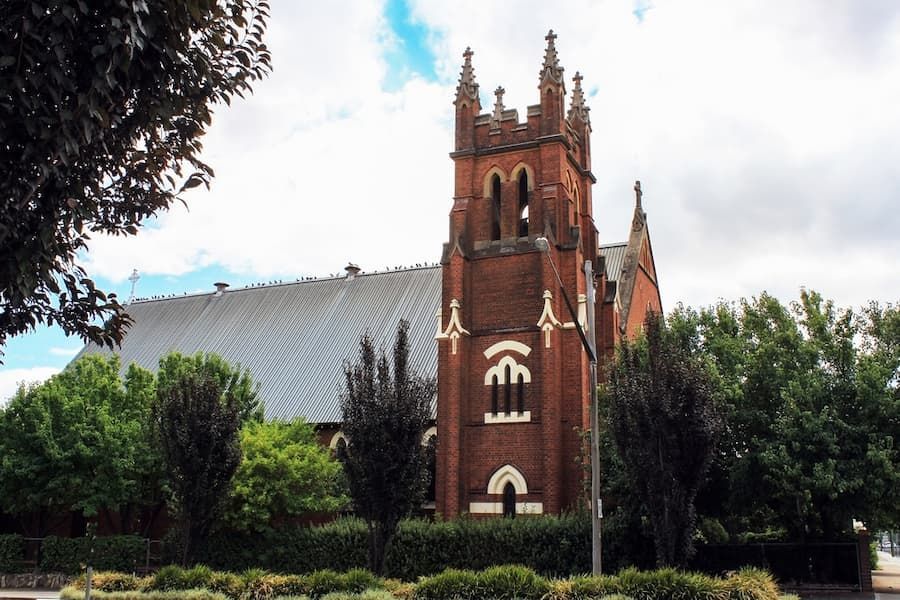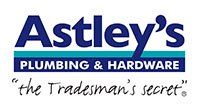Stormwater & Sewer Systems
Mainline Plumbing & Civil is a proud provider of civil plumbing services in Dubbo. As one of the most trusted teams in the region, we offer a complete range of services, including:
- Installation & repair of stormwater drainage systems
- Installation of new sewer connections
- Correction of existing sewer connections
- Plus, much more
We're committed to ensuring your civil work is completed on time and within budget. Regardless of the size or scope of your project, you can rely on us to provide quality, cost-effective results. Get in touch with our plumbers in Dubbo today on 0423 627 149 to request a quote.
We service clients throughout
Sydney,
Castle Hill,
Parramatta,
Homebush,
Blacktown,
Newtown,
Balmain,
Marrickville,
Double Bay,
Dubbo,
Bourke,
Cobar,
Walgett,
Gilgandra and
Wellington.
Civil Plumber Infrastructure Work
When it comes to civil infrastructure projects, Mainline Plumbing & Civil is the only name you need to know. We've completed countless civil plumbing projects of varying sizes and complexities for residential and commercial subdivisions. We're committed to meeting all clients' needs and ensuring that their project goes off without a hitch.
Whether you have an existing subdivision with stormwater management issues or you're starting a new subdivision, we can provide the perfect solution. From design to completion, our civil plumbers are there every step of the way to ensure your project is completed to the highest standard. We proudly provide civil plumbing services in
Bathurst,
Orange, and
Brewarrina.
Frequently Asked Questions
-
Who is responsible for sewer pipes on my property in Dubbo?
In general, the ownership and responsibility of sewer pipes can be divided into two categories: those on private property and those in the public right-of-way.
Private property refers to the land and any structures or fixtures located on that land, such as buildings, driveways and underground pipes. In most cases, the property owner is responsible for the maintenance and repair of any sewer pipes located on their private property.
The public right-of-way refers to the area of land that's dedicated for public use, such as streets, sidewalks and utility easements. Sewer pipes located in the public right-of-way are typically the responsibility of the local government or water authority, as they provide sewer services to the entire community.
It’s important to note that the specific regulations and responsibilities for sewer pipes can vary depending on local laws and regulations. To determine who is responsible for sewer pipes on your property in Dubbo, it’s best to consult with a professional plumber or your local council. For assistance, Mainline Plumbing & Civil can offer advice and provide a solution for any sewer pipe issues.
-
My backyard floods after heavy rain. Can your team help me fix this?
Backyard flooding can be caused by various factors, including poor drainage, clogged gutters and overflowing nearby creeks or streams. To address the problem, Mainline Plumbing & Civil offers installation and repair services for stormwater drainage systems.
A properly functioning stormwater drainage system helps divert water away from your property, reducing the risk of flooding and protecting your home and yard from water damage. Our plumbers have the expertise and experience necessary to assess the specific needs of your property and design a custom solution to alleviate your flooding issues.
In addition to installation, we offer ongoing maintenance and repair services to ensure your stormwater drainage system continues to function effectively over time.
If you're experiencing backyard flooding in Dubbo, don't wait to act. Contact us on 0423 627 149 to schedule an appointment and discuss how we can help. We are committed to providing quality, cost-effective solutions to all our clients and will work with you to find the best solution for your specific needs.
-
What does a civil plumber do?
A civil plumber is a licensed professional who handles large-scale plumbing systems that support infrastructure, public services, and development projects. Unlike residential plumbers who primarily focus on homes, civil plumbers work on major civil construction projects such as stormwater systems, sewer mains, water reticulation, drainage networks, and infrastructure for subdivisions or industrial developments. Their role often includes reading technical plans, coordinating with engineers and project managers, and ensuring all installations comply with local regulations and safety standards. Civil plumbers play a vital part in maintaining essential services for growing communities and ensuring that systems function efficiently under high demand.
-
What is involved in civil plumbing work?
Civil plumbing involves the planning, installation, maintenance, and repair of large-scale water and wastewater systems. This can include laying underground pipes for stormwater and sewer systems, connecting developments to municipal water supplies, managing wastewater redirection, and installing infrastructure for roadworks, subdivisions, or commercial buildings. These systems must be designed to handle substantial flow rates, long-term durability, and integration with existing networks. Civil plumbing also includes interpreting detailed plans, excavation and trenching, using heavy equipment, and working closely with civil contractors, surveyors, and local authorities. These projects often require strict adherence to environmental and safety guidelines due to their scope and impact on public infrastructure.
-
How is civil plumbing different from residential or commercial plumbing?
Civil plumbing differs from residential or commercial plumbing in scale, complexity, and scope of work. While residential and commercial plumbers focus on fixtures, fittings, and internal systems within homes and buildings, civil plumbers are involved in underground and large-scale systems that support entire developments or public spaces. Civil projects often involve multiple stakeholders, strict timelines, and comprehensive safety and environmental planning. For example, a civil plumber might install sewerage and stormwater networks for a new housing estate, while a residential plumber would be responsible for the bathrooms and kitchens in individual homes. Civil plumbing is typically part of early-stage construction and lays the groundwork for future infrastructure.
-
Do civil plumbers work on emergency projects?
Yes, civil plumbers are often called upon for emergency projects, especially when critical infrastructure fails or needs immediate repair. Burst water mains, blocked sewer lines, stormwater overflows, or flooding can pose serious risks to public health and property. Civil plumbers are trained to respond quickly to these high-pressure situations, often working in coordination with local councils, contractors, and utility providers. Emergency civil plumbing work can involve locating underground services, using heavy machinery, and restoring function under tight deadlines. We offer 24/7 emergency services to address urgent infrastructure needs and minimise disruption to communities and essential services.
-
What are some examples of civil plumbing projects?
Common examples of civil plumbing projects include installing sewer and stormwater drainage systems for new residential subdivisions, upgrading ageing water mains, constructing infrastructure for roadworks and highways, and developing water and wastewater systems for commercial or industrial sites. Civil plumbers may also work on projects involving detention basins, pump stations, culverts, and other stormwater management structures. In regional centres like Dubbo, civil plumbing is a key part of growth and development, supporting urban expansion, public facilities, and long-term infrastructure upgrades. These projects often require significant planning and coordination with government bodies and engineering consultants.
-
Why is civil plumbing important for communities?
Civil plumbing is essential to public health, safety, and environmental protection. It ensures that clean water can be delivered efficiently to homes, businesses, and public facilities while also managing wastewater and stormwater safely. Without well-designed and maintained civil plumbing systems, communities would face risks such as flooding, water contamination, erosion, and infrastructure damage. These systems also support future development and help manage the pressures of population growth and climate events. A well-executed civil plumbing network contributes to sustainable urban planning and protects the long-term well-being of both people and the environment.
-
Do you work with diverse communities?
Yes, we actively work with a wide range of communities, including Indigenous and multicultural groups, particularly in regional and remote areas. We place a strong focus on inclusivity, cultural awareness, and community engagement—recognising the importance of respectful service delivery and local collaboration. We bring valuable local knowledge and a commitment to supporting diversity within the industry. This approach not only strengthens relationships within the community but also helps ensure that infrastructure projects reflect the needs and values of the people we serve. To learn more about civil plumbing in Dubbo, get in touch with us.
-
How is civil plumbing managed during major storms or floods?
During major weather events, civil plumbing systems can become overwhelmed by excess water, leading to issues such as blocked drains, sewer overflows, and surface flooding. In such cases, civil plumbers may be called on to inspect, clear, and repair affected infrastructure. Emergency response might involve pumping water from flooded areas, unblocking stormwater lines, or reinforcing vulnerable drainage points to prevent further damage. Preventative civil plumbing, including the design and construction of flood-resilient systems, also plays a role in protecting communities. In storm-prone regions, having experienced civil plumbers in Dubbo ready to respond can be critical for maintaining safety and service continuity.
-
How does civil plumbing contribute to sustainable development?
Civil plumbing plays a key role in sustainable development by enabling the efficient management of water resources, reducing environmental impact, and supporting long-term infrastructure planning. Systems designed by civil plumbers can help conserve water through leak detection, stormwater harvesting, and wastewater treatment. Sustainable civil plumbing projects may also include low-impact designs that protect natural waterways, improve soil retention, and reduce erosion. By ensuring infrastructure is built to support current needs while accommodating future growth, civil plumbing contributes to resilient communities and sustainable urban development—particularly important in growing regional areas like Dubbo, where development must balance economic progress with environmental care.
-
What safety measures are followed in civil plumbing projects?
Civil plumbing projects involve strict adherence to workplace health and safety standards to protect workers, the public, and the environment. Safety measures may include site risk assessments, use of personal protective equipment (PPE), traffic control plans, and regular safety briefings. Plumbers may also be required to undergo specific training for confined space entry, working near underground utilities, or operating heavy machinery. These safety protocols help ensure that projects are carried out efficiently and without harm to people or infrastructure. Working with a qualified and safety-conscious civil plumber is essential for meeting compliance requirements and maintaining a safe job site.
